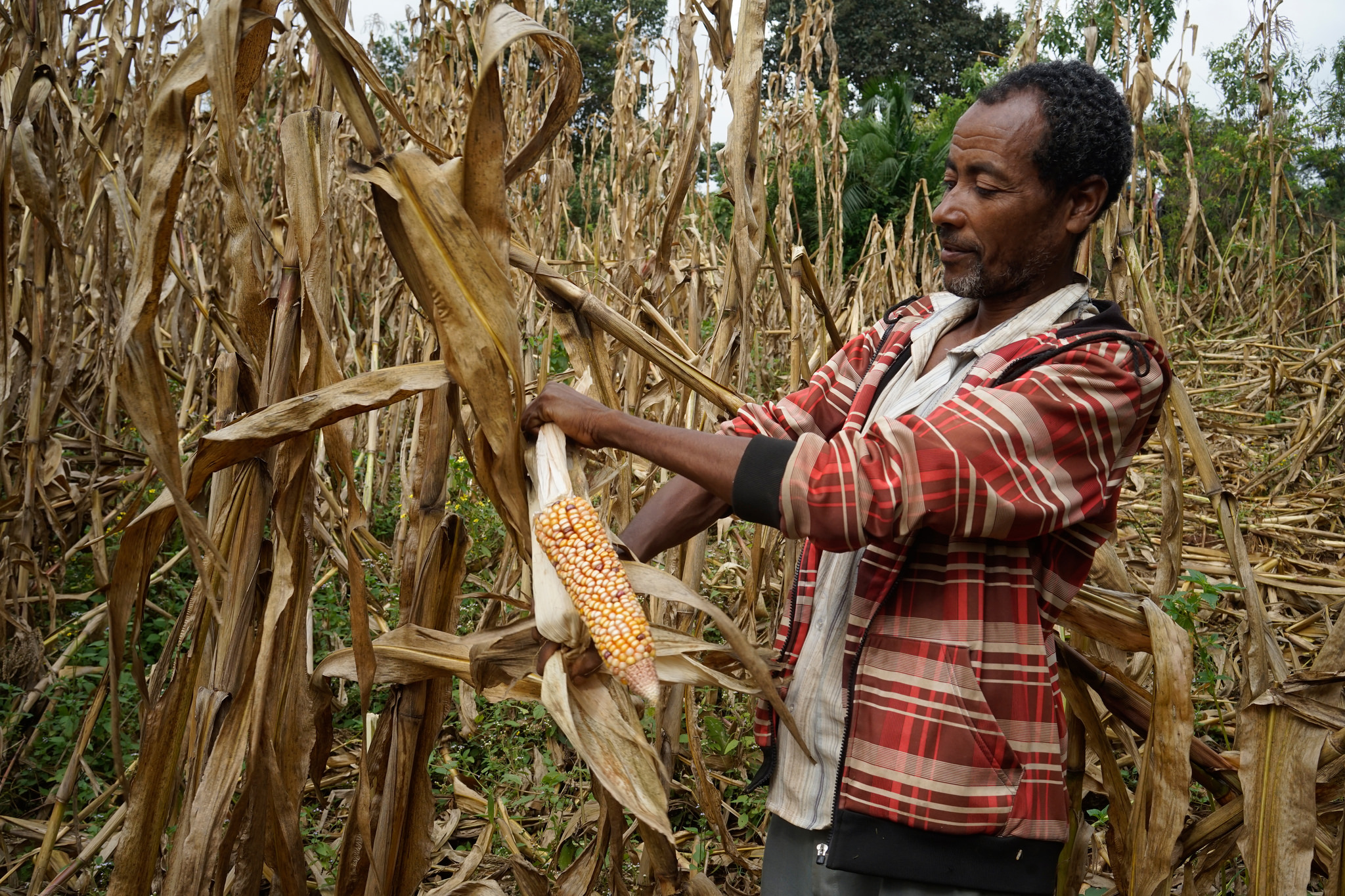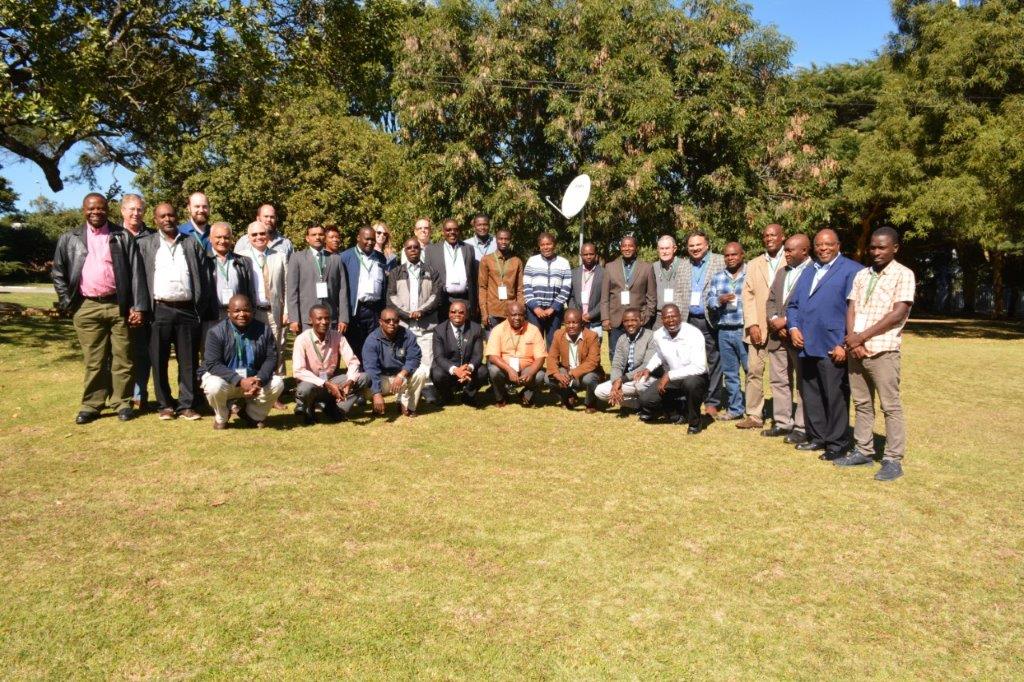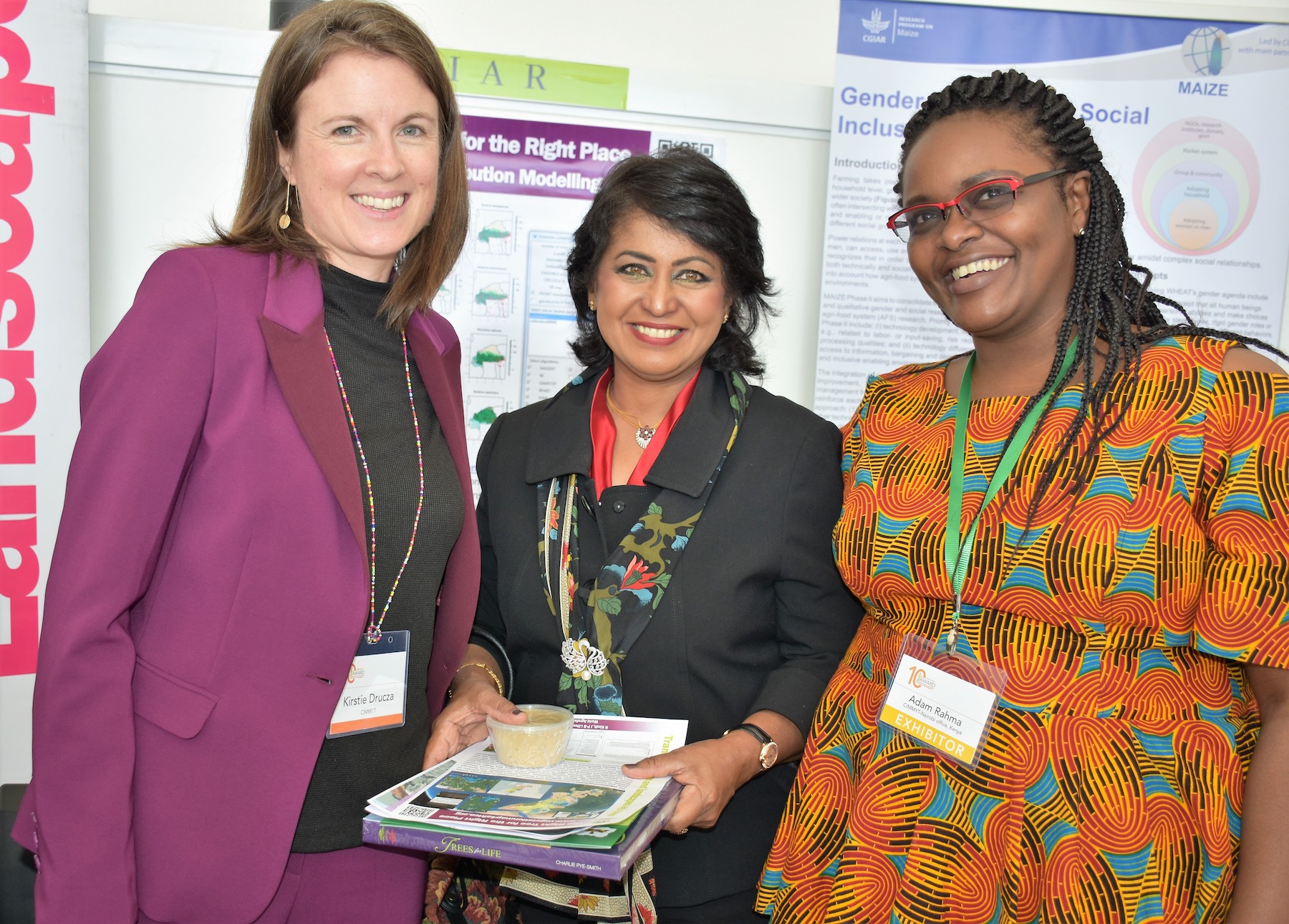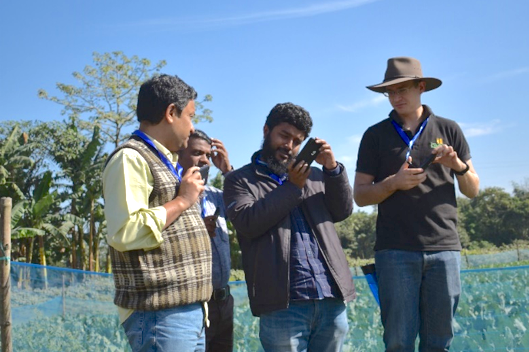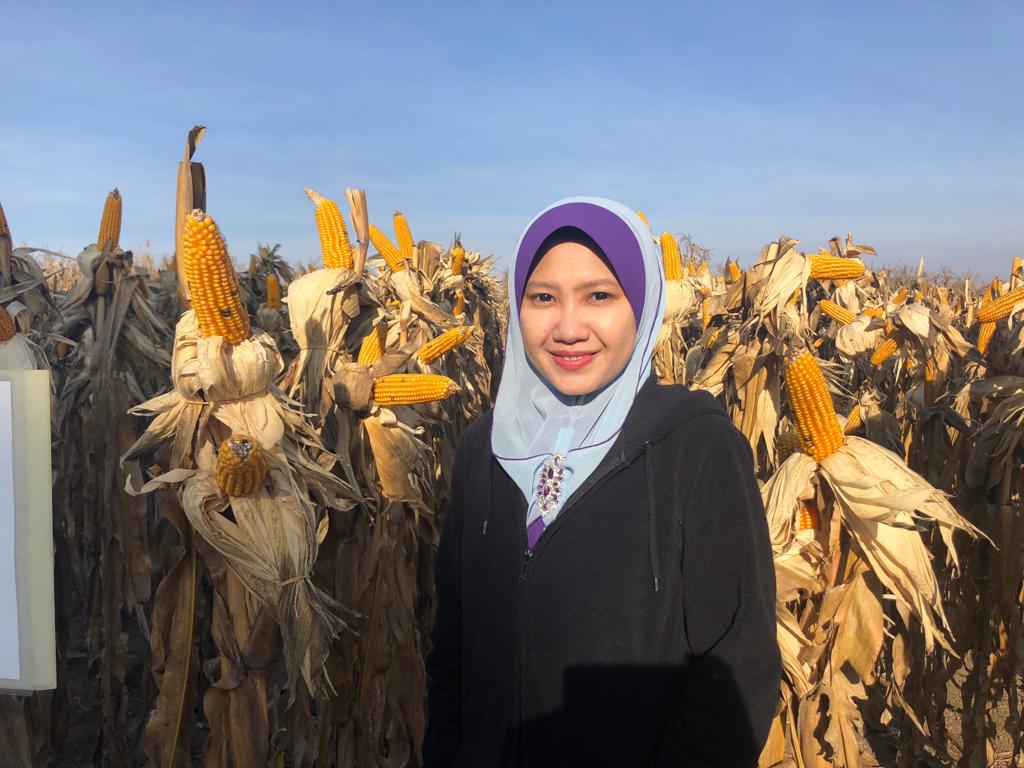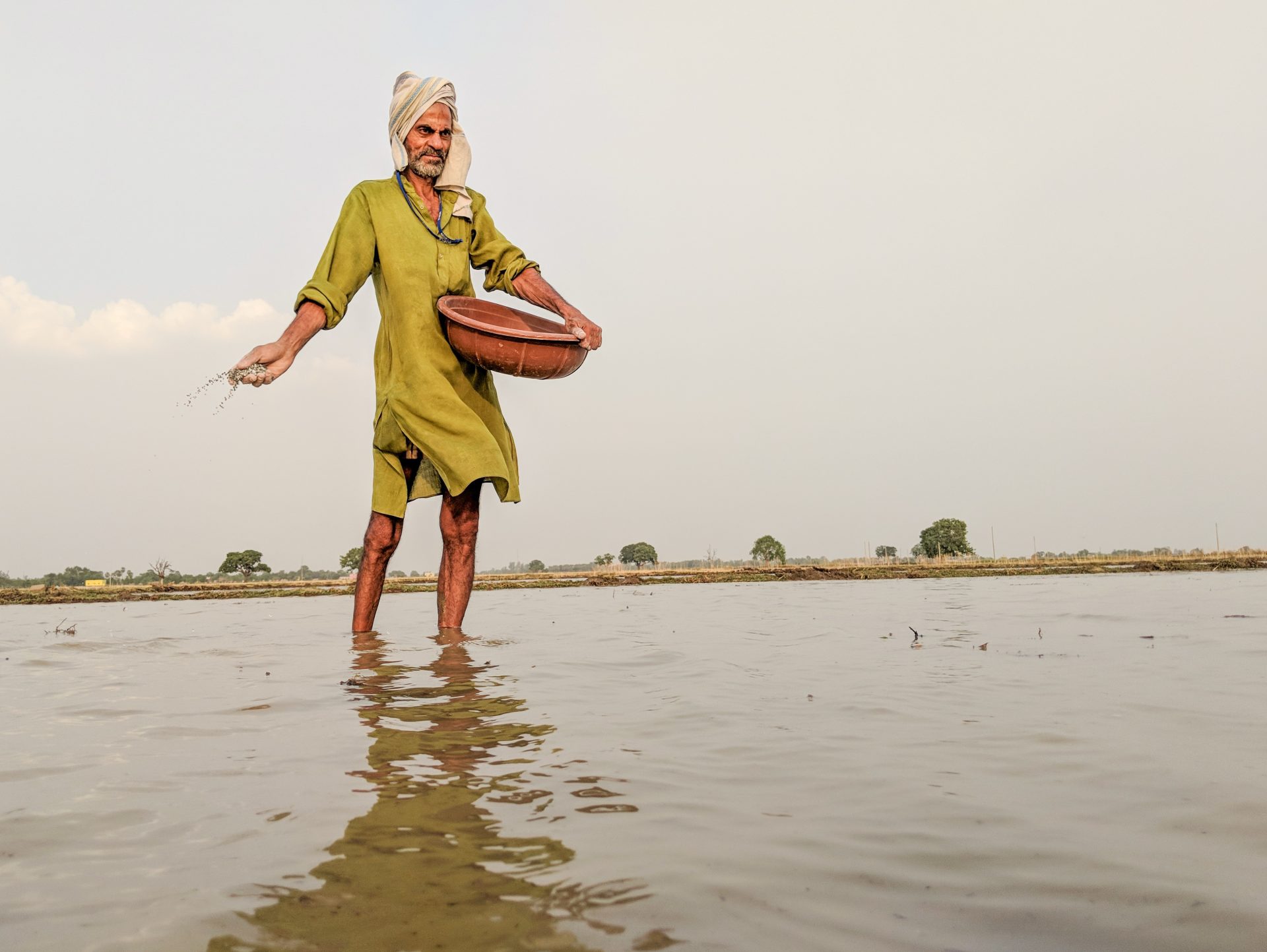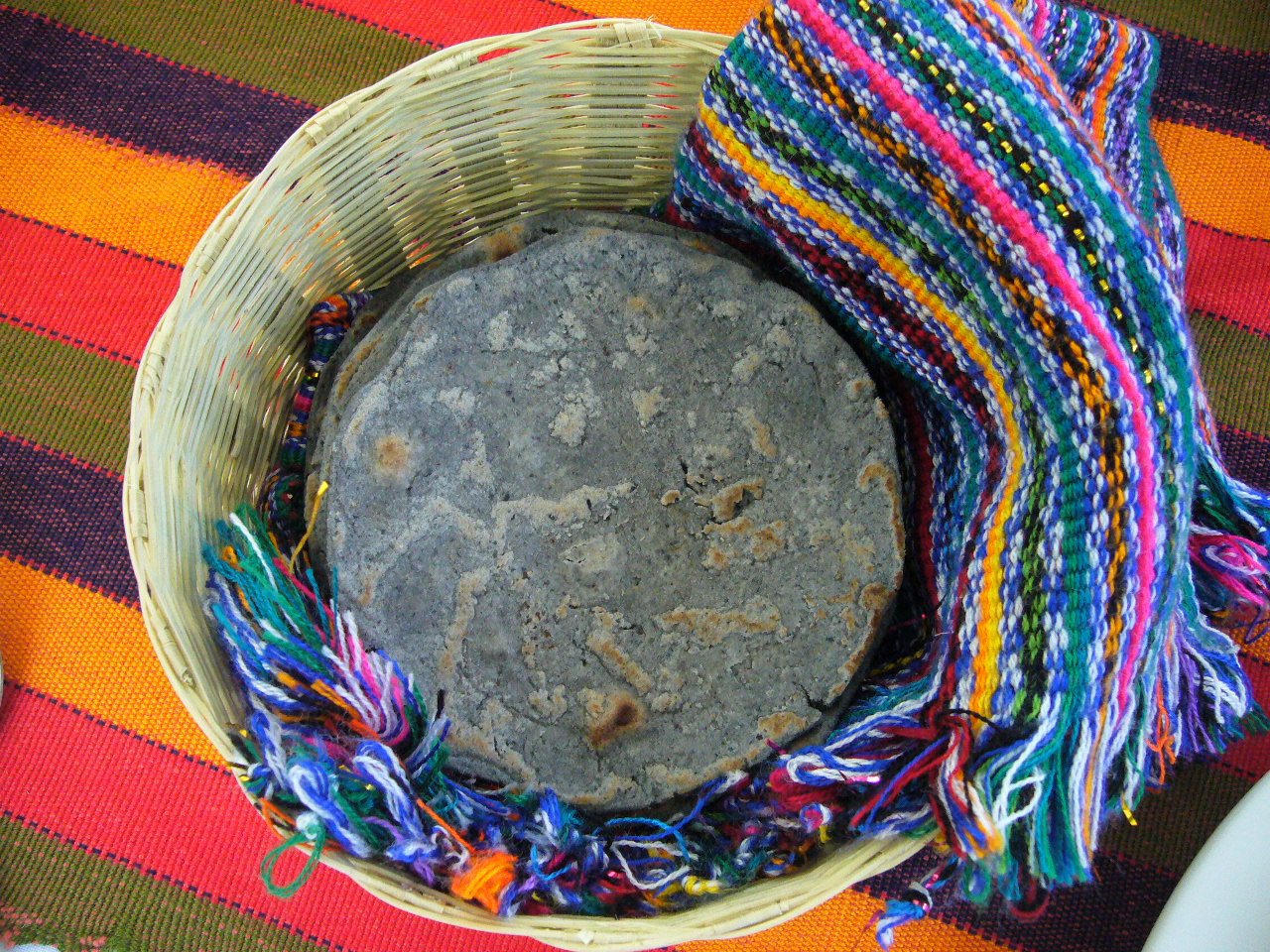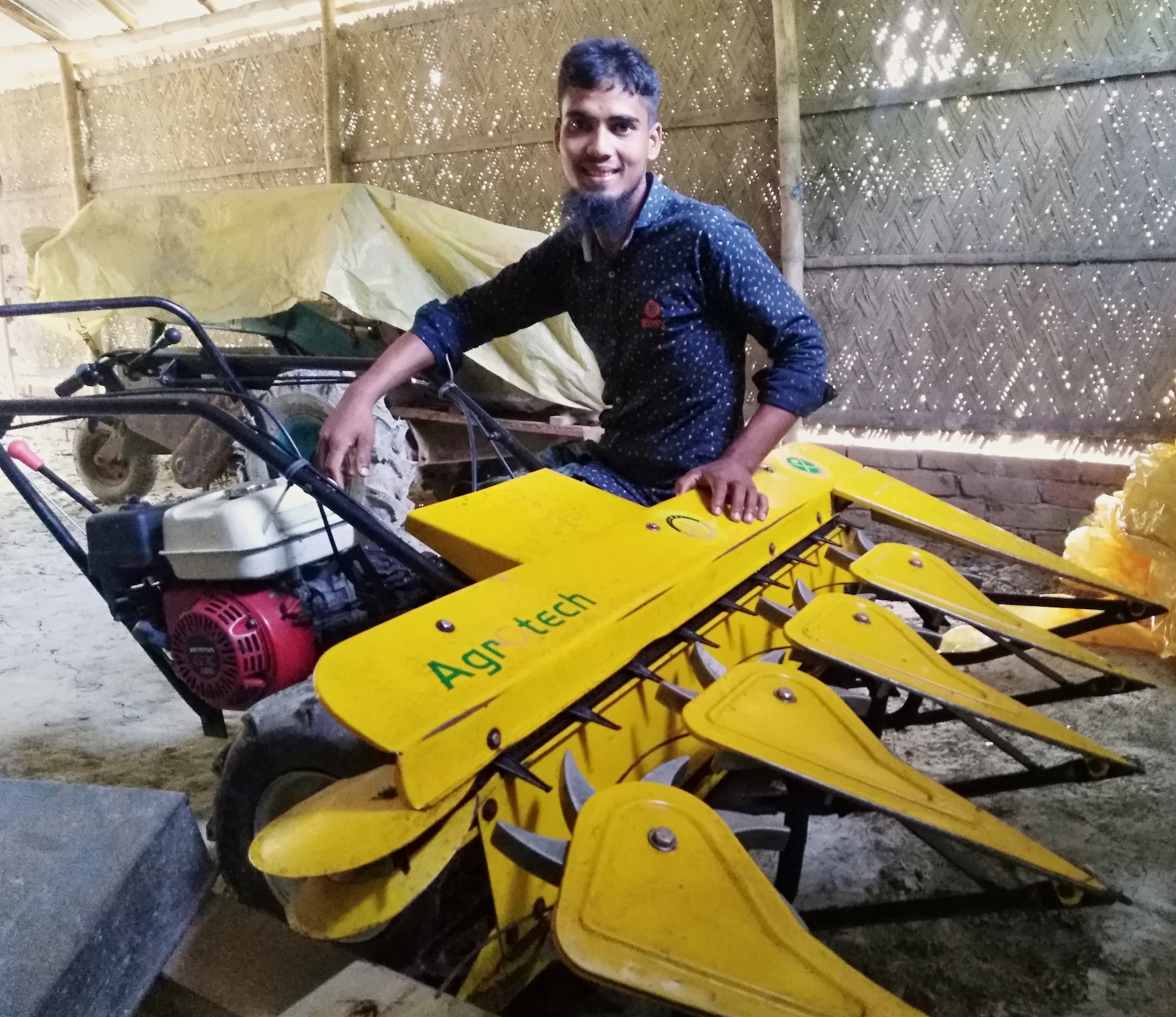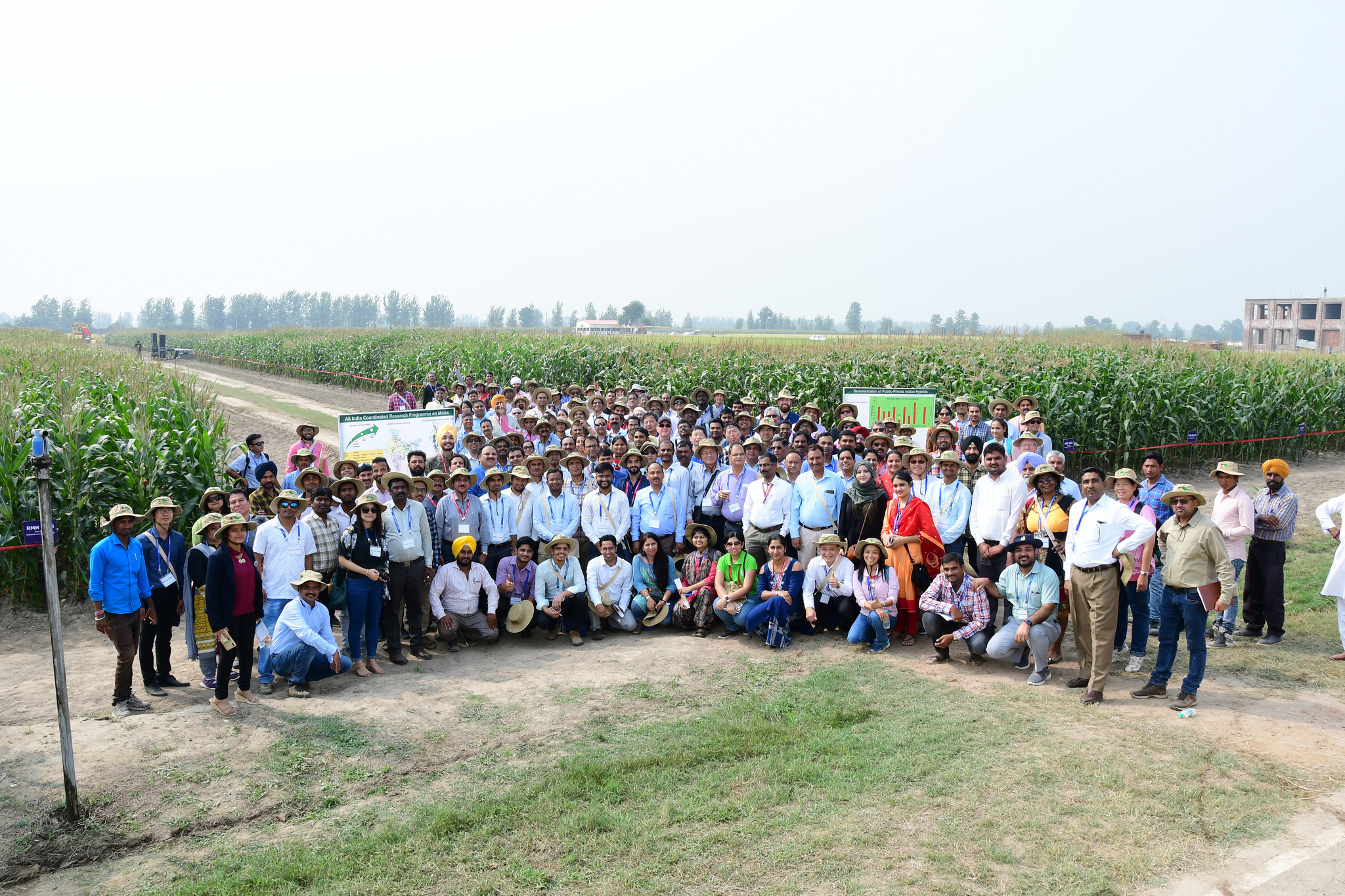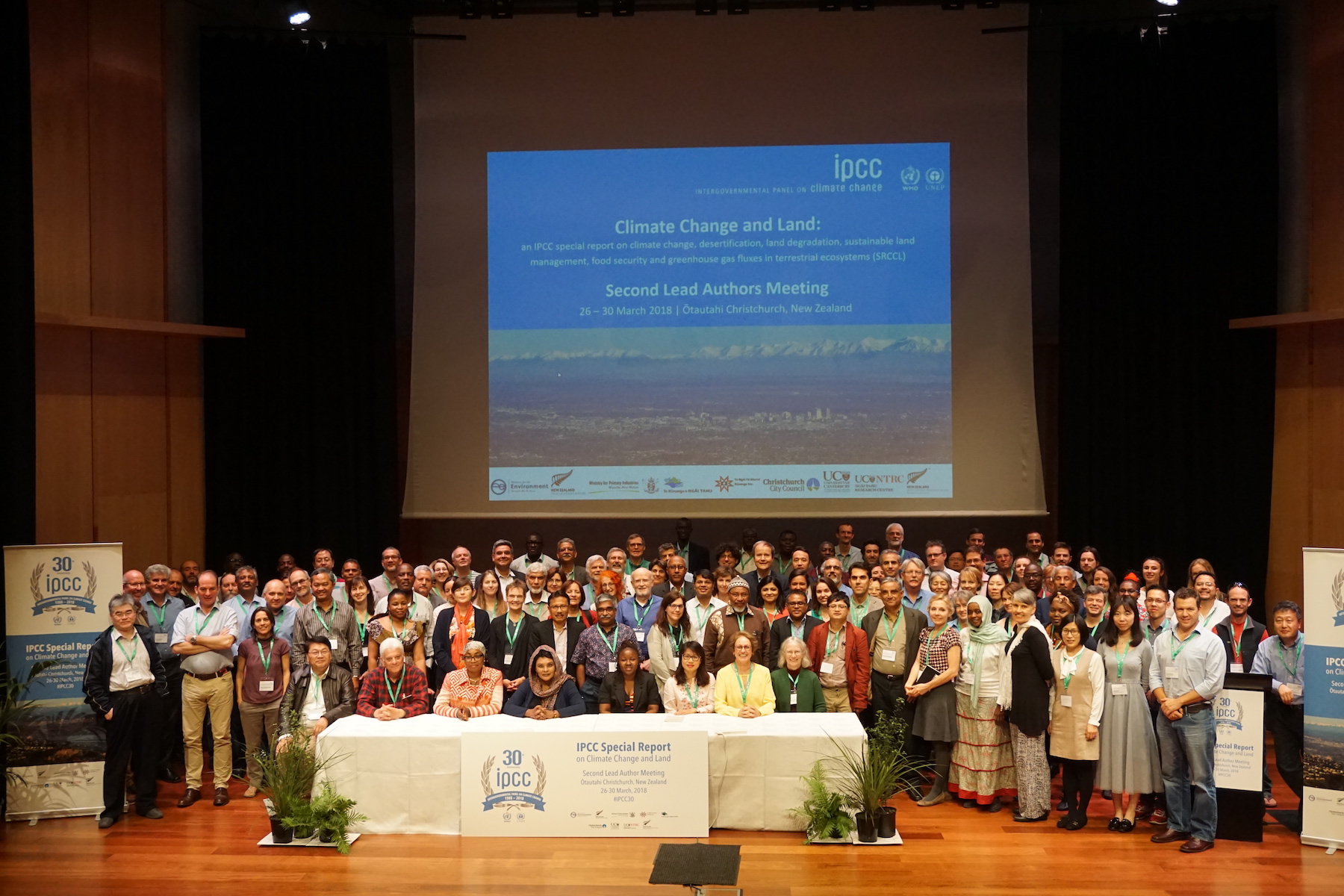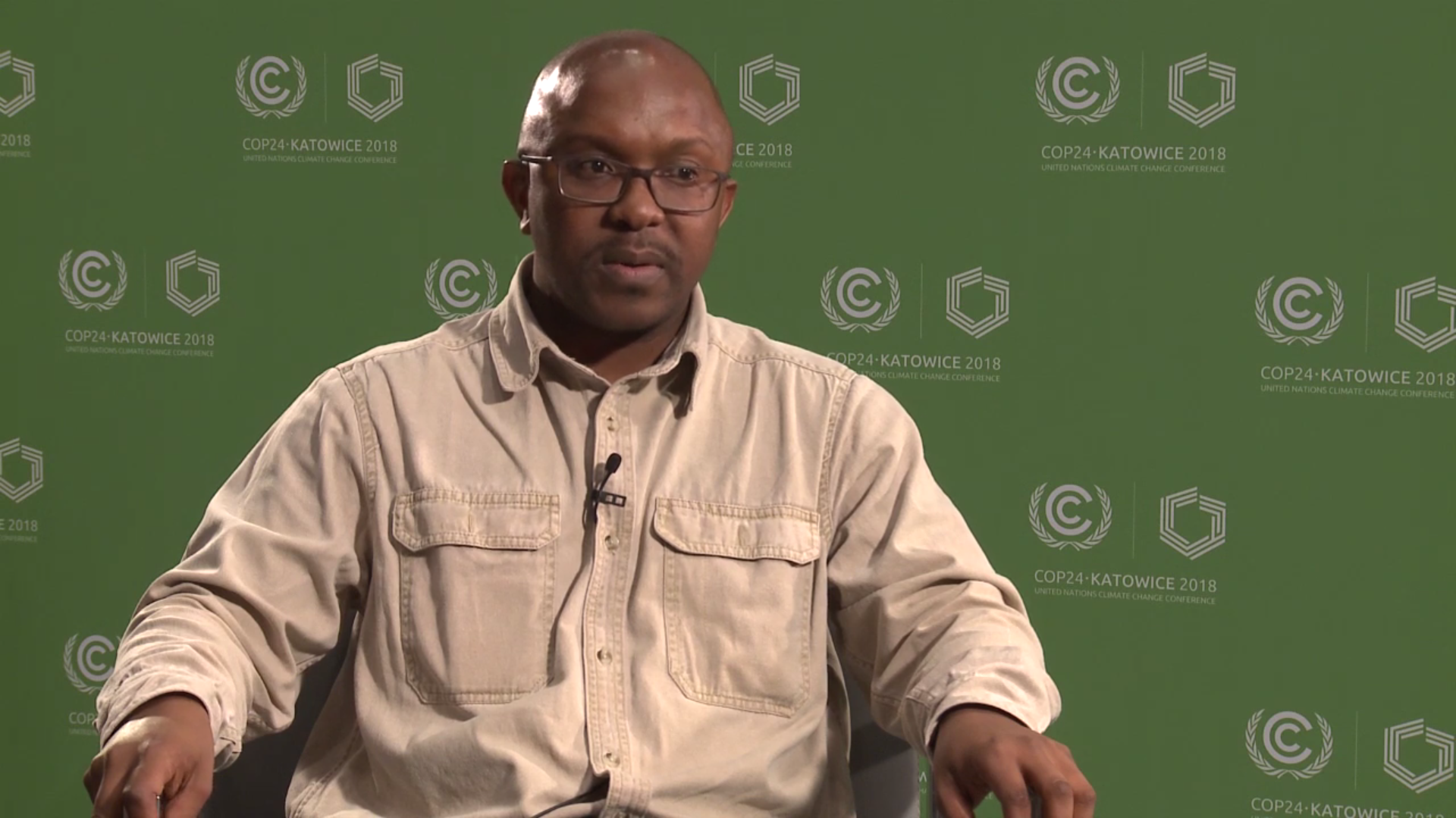News
Reducing high yield gaps with decision-support apps
 Innovations
Innovations
Trials of the Nutrient Expert app showed improved yields, fertilizer-use efficiency and increased profits for farmers.
International Maize Improvement Consortium for Africa ramps up seed innovations
 Capacity development
Capacity development
CIMMYT launched the consortiumin May 2018, to better engage with a committed set of partners and to achieve enhanced maize yields in Africa.
CIMMYT celebrates AWARD’s ten years empowering African women in agricultural research
 Capacity development
Capacity development
The AWARD program advocates for a more gender-responsive agricultural research ecosystem.
Finding the story behind weeds
 Innovations
Innovations
Researchers use the Photovoice methodology to better understand weed management practices.
Visiting researcher from Malaysia studies growing importance of maize and wheat in the country
 Capacity development
Capacity development
Fazleen Abdul Fatah notes that few studies document shifts between cereals.
Experts identify policy gaps in fertilizer application in India
 Innovations
Innovations
A dialogue in New Delhi facilitated discussion on innovations for promoting balanced application of macro and micro nutrient fertilizers in Indian agriculture.
Best of 2018: Editors’ picks
 Capacity development
Capacity development
In 2018, we published more than 200 stories related to maize and wheat science around the world. Here are some of our favorites.
The saving grace of a hefty investment
 Innovations
Innovations
Young farmer’s investment in a reaper saves him time, money and dignity, while helping others in the community.
With multi-sector support for climate-sensitive practices, African farmers can boost food security and resilience
 Nutrition, health and food security
Nutrition, health and food security
Conservation agriculture has potential to conserve soils, improve yields and limit environmental impacts.
Pakistan wheat seed makeover
 Nutrition, health and food security
Nutrition, health and food security
More productive, resilient varieties for thousands of farmers
Breaking Ground: Tek Sapkota finds ways to reduce emissions from agriculture without compromising food security
 Climate adaptation and mitigation
Climate adaptation and mitigation
He is one of the lead authors of the “Special Report on Climate Change and Land” of the Intergovernmental Panel on Climate Change (IPCC).
SACAU’s Majola Mabuza at COP24: How soil can help meet climate targets
 Climate adaptation and mitigation
Climate adaptation and mitigation
“At the production stage, soils have an important role to play in reducing carbon emissions.”
Screening cycle for deadly MLN virus set to begin in Kenya during 2019
 Nutrition, health and food security
Nutrition, health and food security
The maize lethal necrosis (MLN) artificial inoculation screening site in Naivasha, Kenya, will begin its phenotyping (screening/ indexing) cycle of 2019 at the beginning of January 2019 and in other four intervals throughout the year. Interested organizations from both the private and public sectors are invited to send maize germplasm for screening.
New publications: Climate change impact and adaptation for wheat protein
 Climate adaptation and mitigation
Climate adaptation and mitigation
